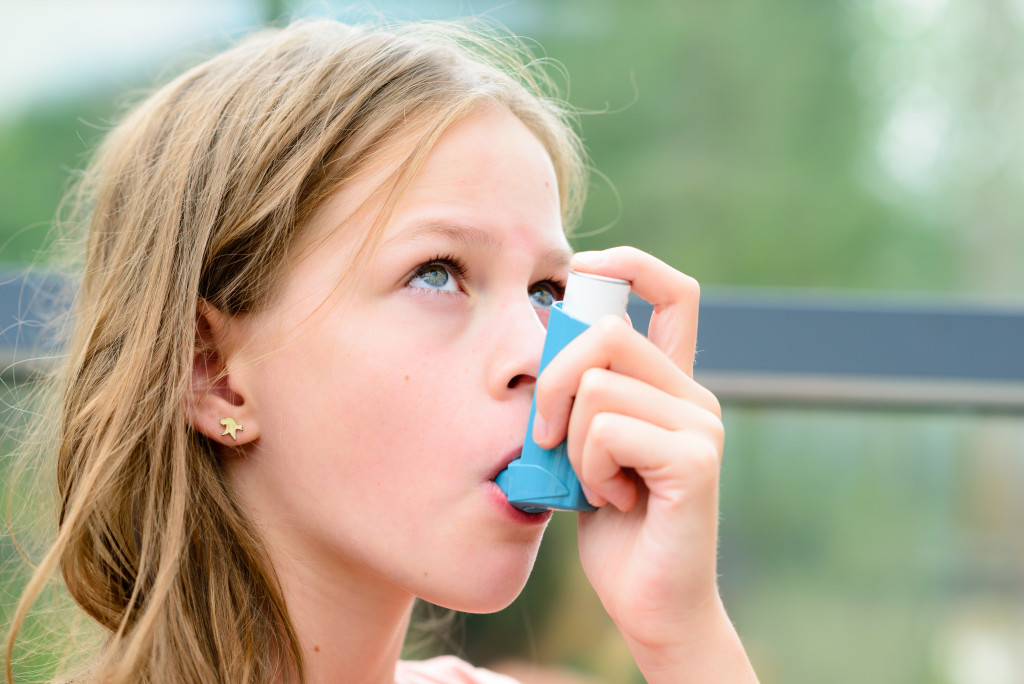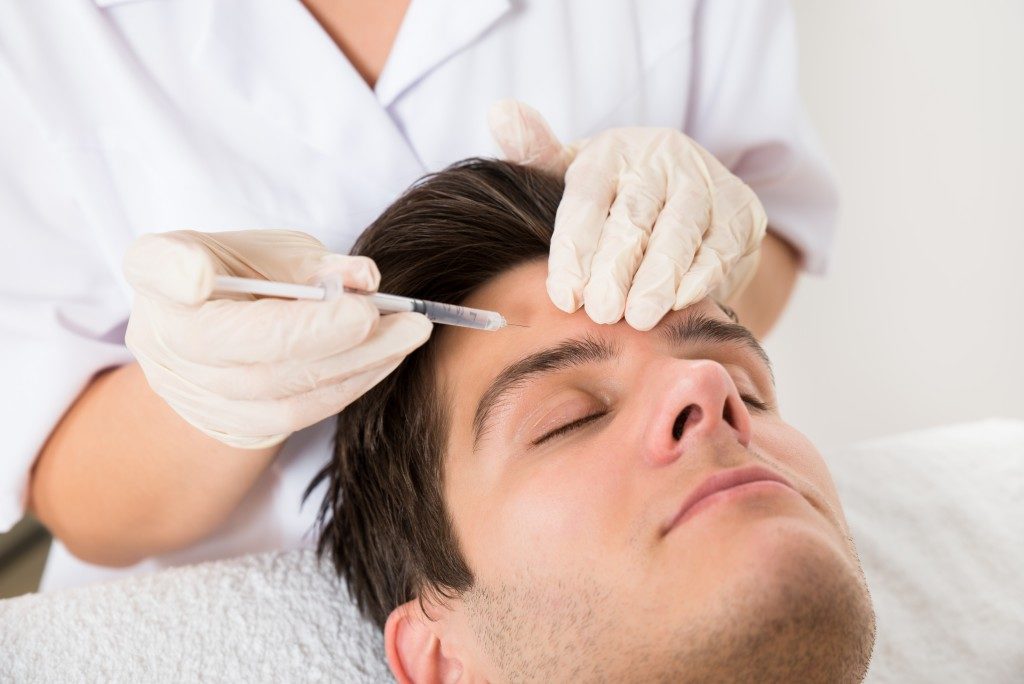It’s only standard for kids to run and play with their friends outdoors. But what do you do when outdoor activities are the primary cause of his runny nose and itchy eyes? Fortunately, you don’t need to lock your kids indoors and stop them from being a child. There are a few ways and over-the-counter medications that could help bring them relief.
Any kid can develop an allergic reaction to particular matters. It occurs when their developing immune system overreacts to a normally harmless substance. When your kid touches, consumes, or breathes a specific allergen, their body releases histamine, which causes them to suffer an allergic reaction. To relieve your kid’s allergic symptoms, here are a few ways to do so.
Reduce allergen exposure
There are ways to reduce your kid’s exposure to seasonal allergens without banning him from playing outdoors. Besides getting a duct cleaning service, making your kid bathes after going outside is the best way to go. Although it may not be visible, there’s  a big chance that pollens and other allergens got attached to his clothes and skin as he went outside to play. It’s also crucial to ask all family members to take their shoes off before coming inside the house to avoid letting any allergens get through.
a big chance that pollens and other allergens got attached to his clothes and skin as he went outside to play. It’s also crucial to ask all family members to take their shoes off before coming inside the house to avoid letting any allergens get through.
Closing the doors and the windows can also help, especially during spring and fall. If possible, turn on the AC unit if it gets too hot as it has a filtering system inside. Meanwhile, if your child is wearing contact lenses, consider switching him back to glasses, especially during the allergy season. These can provide them with an extra layer of protection for their eyes.
Use antihistamine
If reducing your child’s allergen exposure isn’t enough, you can always consider getting an over-the-counter medication such as antihistamines to treat his conditions.
Healthline says that histamines are natural chemicals that your body releases in response to allergens. When your body releases these chemicals, it causes your nose to become runny and your eyes to water. Taking antihistamines can effectively block these chemicals and prevent your body’s natural reaction to allergen exposure. This medication often acts swiftly. So, it would be best if you let your kids take them each time their allergy kicks in.
There are several types of antihistamine medication that your child can take. However, you must let them take the ones that won’t leave them feeling drowsy. A few of these medications include cetirizine and loratadine. Taking antihistamines that make children sleepy could affect their attentiveness. Thus, causing them to perform poorly in school.
Try a nasal spray
Taking antihistamines can alleviate your kid’s itchy nose and watery eyes. However, it won’t be effective in treating nasal congestion. So, to help with their allergies, taking a nasal steroid spray can help.
Unlike antihistamine medication, nasal steroid spray takes a bit more time to take effect. Also, your child needs to use it every day until he sees a difference. However, it can take a couple of weeks to see maximum results.
WebMD says that nasal steroid spray is sometimes even enough to treat your child’s allergy that he no longer needs to take antihistamine medications. However, if the nasal spray still doesn’t do its job, adding antihistamine is a practical choice.
No parent would want to see their child endure such difficulty. That’s why parents should do whatever it takes to reduce their child’s exposure to substances that can trigger their allergic reaction. It’s also highly advisable to bring your child to the doctor if the matter is getting worse. Your child’s doctor will provide you with the best treatment to alleviate their condition.









